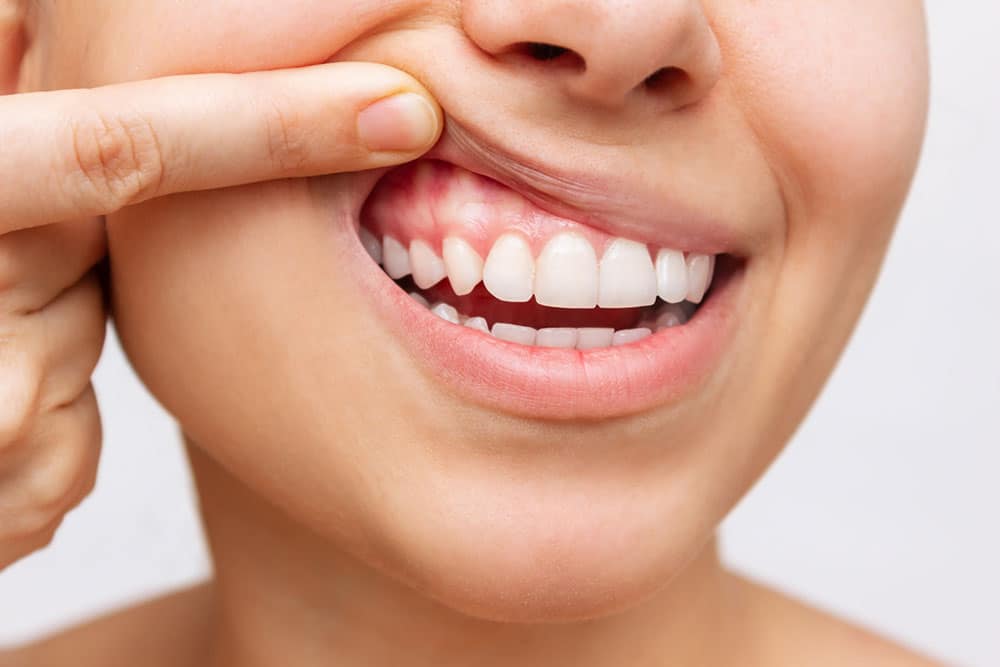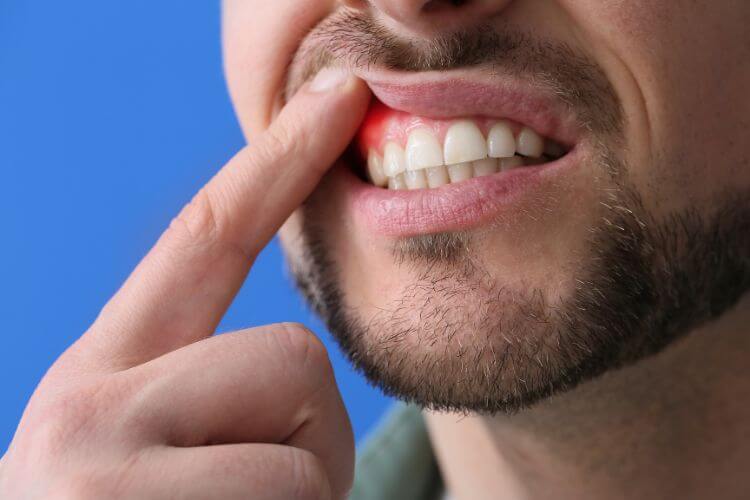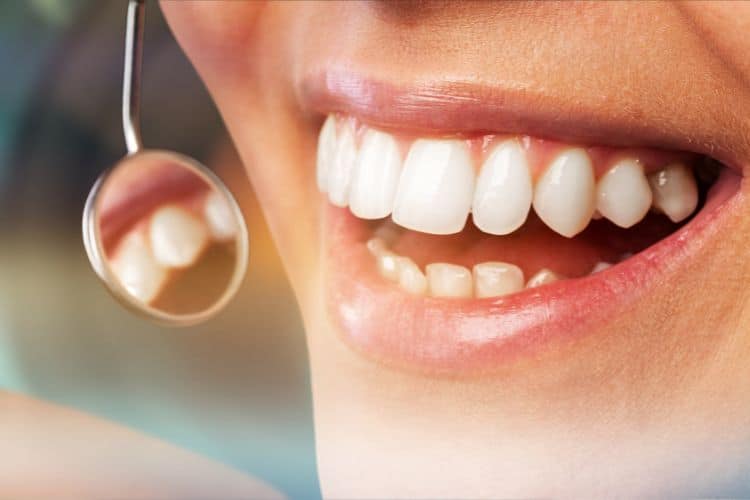Very few people grow up really understanding how important it is to brush and floss frequently and properly. Cavities are the second most common disease in the U.S (just behind colds), but the much more serious one, especially for adults, is periodontal (gum) disease. The Centers for Disease Control estimates that half of Americans have periodontitis, as it is also called, which afflicts 70% of those 65 or older.
This can have very serious implications because the gums support the teeth and if they are infected with periodontal bacteria, they start to pull away and eventually this can result in their falling out or becoming so loose they need to be extracted. If periodontitis is not stopped, these bacteria spread throughout the body and raise the risk significantly for have diabetes, cardiovascular disease, and even cancer.
The initial stage of periodontal disease is known as gingivitis and it causes no pain, but you will notice that even when you use a soft brush your gums often bleed. So what to do?
Table of Contents
HOW TO PREVENT GUM DISEASE
First, change your brushing, flossing, and eating habits: there is no magic pill that can cure gum disease. That means after breakfast or lunch spending two minutes using a soft-bristled brush stroking from the gum line to the tip of the tooth on both sides. Do the same after your last snack at night, when you also want to floss, making sure you use a clean segment of the string for each area between the teeth, while scraping against both sides. Brush and flossing carefully done should remove most food particles, but if not effective, oral bacteria are attracted to these bits of food and turns them into a sticky film called plaque, which infects the gums.
But no matter how skilled you are, it is important to have a professional cleaning done at least twice a year from your dental hygienist. She has the tools and techniques to clean off plaque much better than any patient can do for themselves, especially in the hard-to-reach areas. If the plaque has hardened into tartar, that is especially difficult even for her to remove. In cases where she feels an antibacterial solution is needed, she will irrigate it directly into the gums or place a pellet in the infected areas that will release it slowly.
HOW A PERIODONTIST CAN HELP
If the hygienist can see her efforts are not sufficient, she will refer you to our periodontist, a specialist in gum disease. Periodontists can do a wide variety of things to take the treatment of periodontal disease and its impact to the next level. Sometimes surgery is required to scrape off tartar that is below the gum line. Others need more gum added due to recession caused by the bacteria and this can be taken off the roof of the mouth or a mesh fabric can be inserted to stimulate growth. If the underlying jawbone has been eaten away, she can add a bone graft to provide more support for the teeth or a dental implant for those that are missing.
If you have bleeding gums, make an appointment right away with your dental hygienist for a cleaning and the initial assessment of your oral health.






